Posts
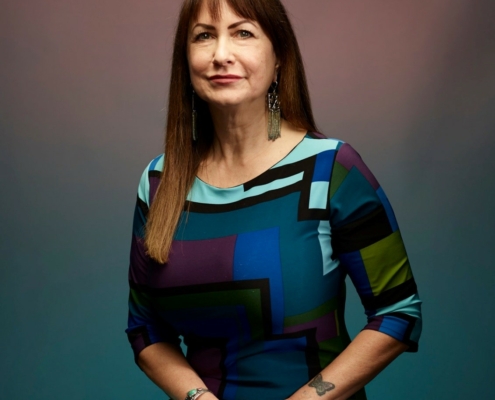
Dr. Shannon Speed Receives President’s Award from American Anthropological Association
Dr. Shannon Speed, citizen of the Chickasaw Nation of Oklahoma…
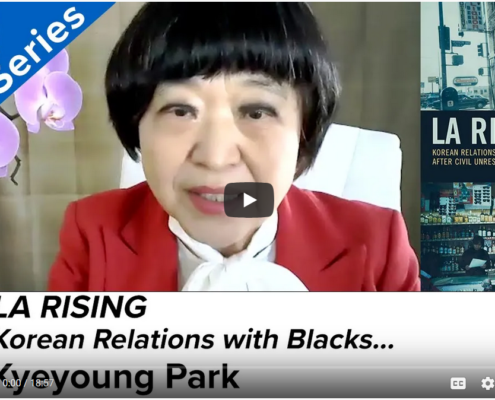
LA Social Science Book Series on Korean Intergroup Relations in LA with Professor Kyeyoung Park
In LA Rising: Korean Relations with Blacks and Latinos after…

LA Social Science Book Series About Incarcerated Indigenous Women Migrants with Professor Shannon Speed
UCLA Professor Shannon Speed's new book, Incarcerated Stories:…
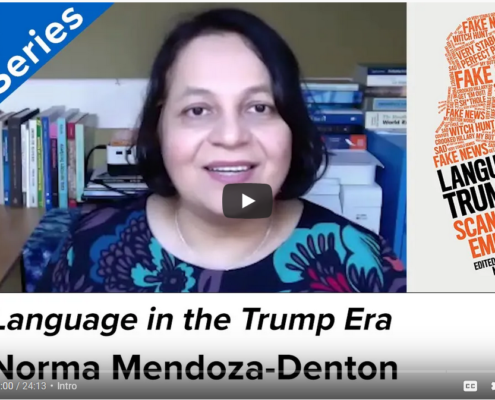
LA Social Science Book Series on Language in the Trump Era with Dr. Norma Mendoza-Denton
In the latest interview in the book series, Dr. Norma Mendoza-Denton,…
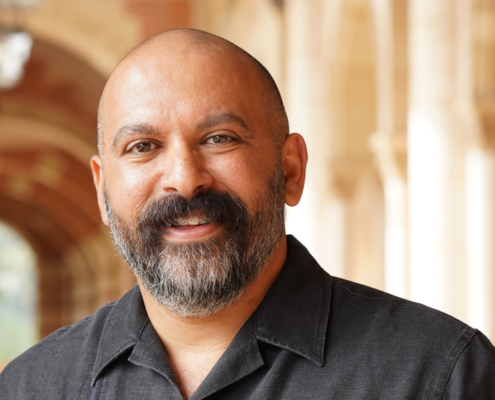
Challenging the Problematic Description of Being “Articulate While Black”
Dr. H. Samy Alim, UCLA Professor of Anthropology and David O.…
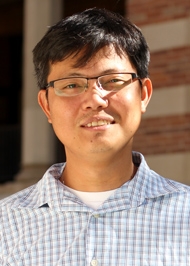
The Juxtaposition of the Stories Monuments Tell in the Philippines
UCLA Professor Stephen Acabado recently co-authored an essay…
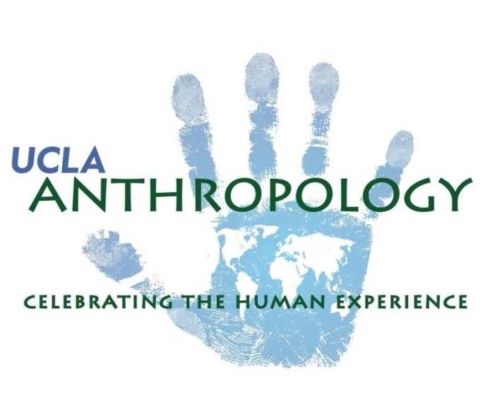
LA Social Science Summer Course Previews: Anthropology Department Courses in 2020
Summer 2020 starts this month, and LA Social Science will continue…

Any Plans for the Summer? Enroll TODAY in an Online UCLA Summer Course
Have you always wanted to take a course in the social sciences?
Did…
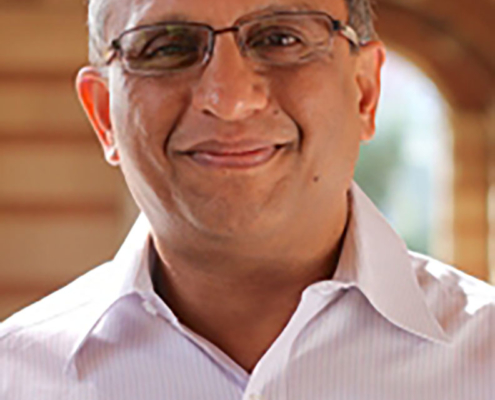
UCLA Professor Akhil Gupta Named President of the American Anthropological Association
Dr. Akhil Gupta, UCLA Professor of Anthropology, has officially…

Doing Good with Dr. Fessler
By Lara Drasin What makes someone want to “do good?”…

